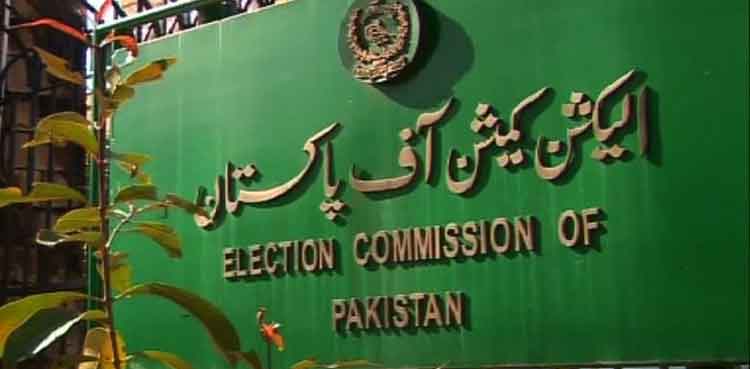
Nuclear proliferation in South Asia is a very serious issue. Both the countries have developed serious contentions since their inception which have led to wars and spending of billions of finance over their defense budgets. During last 70 years, Pakistan and India have become fastest growing nuclear states of the world.
Since its inception, a doctrine of defense and national security rationale came into existence. On Pakistani side, it faced threats from day one due to Akhand Bharat ideology which further strengthened by back to back wars in 1965 and 1971 wars leading towards disintegration of East Pakistan. Moreover, India, having an edge on conventional weapons with Pakistan, went on to become an undeclared nuclear states in 1974 when it conducted nuclear tests in Pokhran.
Pakistan sought to become a nuclear power in order to stabilize the balance of power which was highly disturbed due to India’s becoming a nuclear power. In 1998, India and Pakistan officially joined the nuclear club by conducting nuclear tests. These nuclear tests established the balance of power and deterrence factor among the both countries which ultimately led towards a no war period for almost 21 years except a border skirmish at Kargil in 1999.
Although, development of both the states as nuclear powers have stopped the conventional wars but the threat of a nuclear standoff is not out of question. Recently this year, both the countries were engage in a short scale border skirmish in which an Indian air force fighter jet was also shot down by Pakistani Air force and both countries prepared their armies for a full fledge war which was later averted due to foreign intervention.
Pakistani premier has clearly indicated in his UN speech that if there is a conventional war between both the states and Pakistan faced the threat of losing the conventional war, it will use the nuclear option which would have devastating effects not only in both the countries but across the borders.
Kashmir has become a nuclear flashpoint among both the states especially after the nullification of Article 370 of Indian constitution by Modi led Indian government. Both the states are at a position of standstill on Kashmir issue while sentiments are also involved on both sides of the border. Pakistan has shown clear intention of engaging in dialogue while Indian government is running away from peace talks and using offensive ways which hints the possibility of a military showdown.
This issue is one of the most burning issues of the world since the implications of a nuclear war would have devastating effects on the whole region for which the international community must step in for initiating peace process among both the nations. Surprisingly, the role of United Nations and International community is not that proactive which is alarming. The last thing the world wants is a mushroom cloud.















































